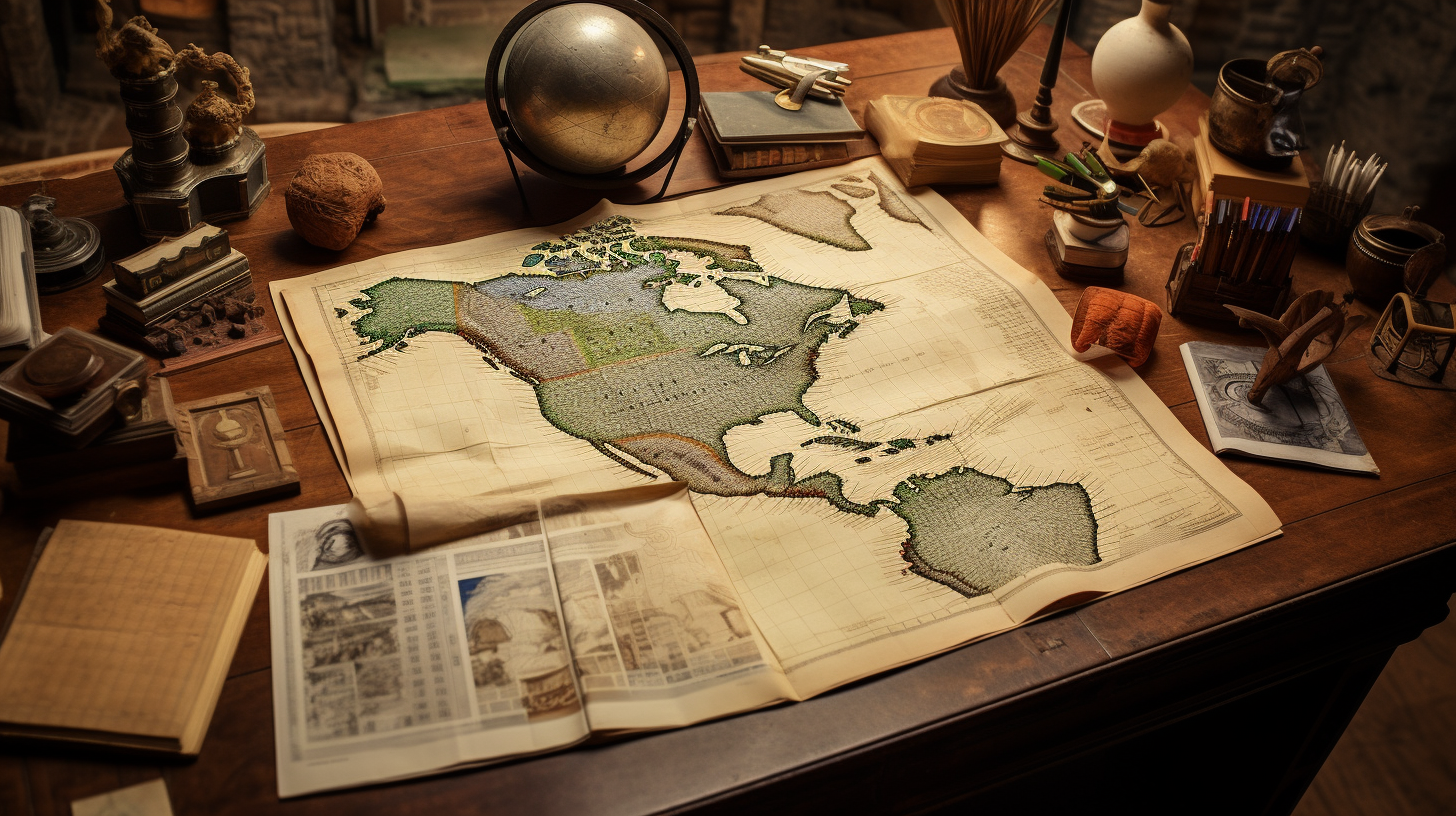
Articles

Mexican States
Southwest United States
Heritage and Governance
Mexico’s 1921 Census: A Unique Perspective
In the aftermath of the Mexican revolution, Mexico’s Departamento de la Estadística Nacional administered a census that would be unique among Mexico’s census counts administered between 1895 and 2005. In this new census, the Mexican Government decided to ask Mexicans about their perception of their own racial heritage. In the 1921 census, residents of the Mexican Republic were asked if they fell into one of the following categories:
The Náhuatl Language of Mexico: From Aztlán to the Present Day
Across the 761,606 square miles (1,972,550 square kilometers) that comprise Mexico you can find a great variety of landscapes and climates. While mountains and plateaus cover more than two-thirds of her landmass, the rest of Mexico’s environment is made up of deserts, tropical forests, and fertile valleys. Mexico’s many mountain ranges tend to split the country into countless smaller valleys, each forming a world of its own. Over the last few thousand years, this has been a factor in the differentiation of a wide range of indigenous Mexican languages.
Mexico: Confrontation Between Church and State
The Cristero Rebellion affected the lives of many Mexicans. Many Mexican-American families still talk of it today. This work discusses the ideologies of the two combatants: The Mexican Government and the Catholic Church. The battles are not discussed here, but the beginning and end of the conflict are discussed as viewed by the American press.

Article Categories
- Aguascalientes 14
- Arizona 4
- Baja California 5
- Baja California Sur 2
- California 19
- Campeche 4
- Census 36
- Chiapas 3
- Chihuahua 11
- Coahuila 7
- Colima 1
- Conquistador Chronicles 2
- Durango 2
- Ethnic Identity 40
- Genealogy 35
- Guanajuato 8
- Guerrero 8
- Hidalgo 2
- Indigenous Insights 97
- Jalisco 25
- Mexico City 11
- Michoacan 7
- Morelos 4
- Nayarit 3
- New Mexico 4
- Nuevo Leon 7
- Oaxaca 6
- Politics 10
- Puebla 5
- Queretaro 1
- Quintana Roo 4
- San Luis Potosi 11
- Sinaloa 6
- Sonora 16
- Southwest US 26
- State of Mexico 5
- Tabasco 3
- Tamaulipas 11
- Texas 7
- Tlaxcala 7
- Veracruz 6
- Yucatan 6
- Zacatecas 13




